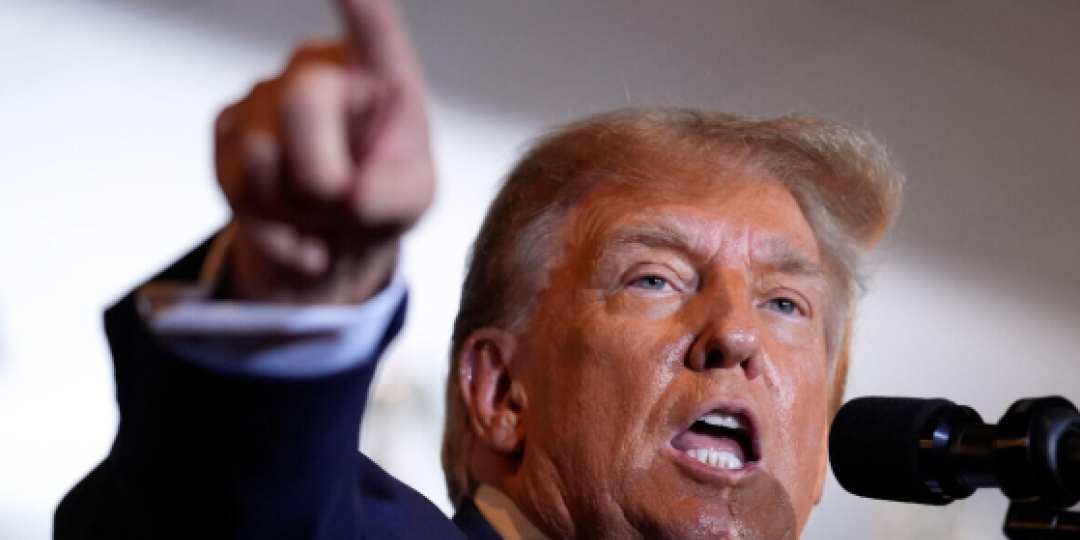President-elect Donald Trump has warned Brics+ countries that any effort to move away from the dollar will result in the implementation of 100% tariffs on any goods entering the country.
“The idea that the Brics+ countries are trying to move away from the dollar while we watch is over,” he wrote on Truth Social.
“We require a commitment from these countries that they will neither create a new Brics+ currency, nor back any other currency to replace the mighty US dollar, or, they will face 100% tariffs, and should expect to say goodbye to selling into the wonderful US economy.
“They can go find another ‘sucker!’ There is no chance that the Brics will replace the US dollar in international trade, and any country that tries can wave goodbye to America,” he said.
Brics+ countries have mooted fostering greater use of local currencies in their trade, instead of relying on a handful of major currencies, primarily the US dollar and the euro.
The forum for cooperation among nine leading emerging economies – Brazil, China, Egypt, Ethiopia, India, Iran, Russian Federation, South Africa, United Arab Emirates – emphasised this determination at their 16th summit in October.
Economist Lauren Johnston, who recently wrote a paper on this development, told The Conversation Africa that the Brics+ plan to use local currencies faced some hurdles.
“The central problem is the lack of demand for most currencies internationally. And it’s hard to supplant the international role of existing major currencies,” she said.
“If, for example, India accumulates Ethiopian birr, it can mainly only use them in trade with Ethiopia, and nowhere else. Or, if Russia allows India to buy oil in rupees, what will it do with those rupees?”
Since most countries seeking alternatives to dollar dependence tended to sell more than they bought from other countries, or were lower-income importers, they must consider what currencies to accumulate via trade, she added.
Clearly there is no simple, or easily scalable, solution to moving past the reliance on major international currencies.
Given these challenges, she argues that Brics+ should progress incrementally. “What can happen soon, though, is to conduct some trade in local currency.”













